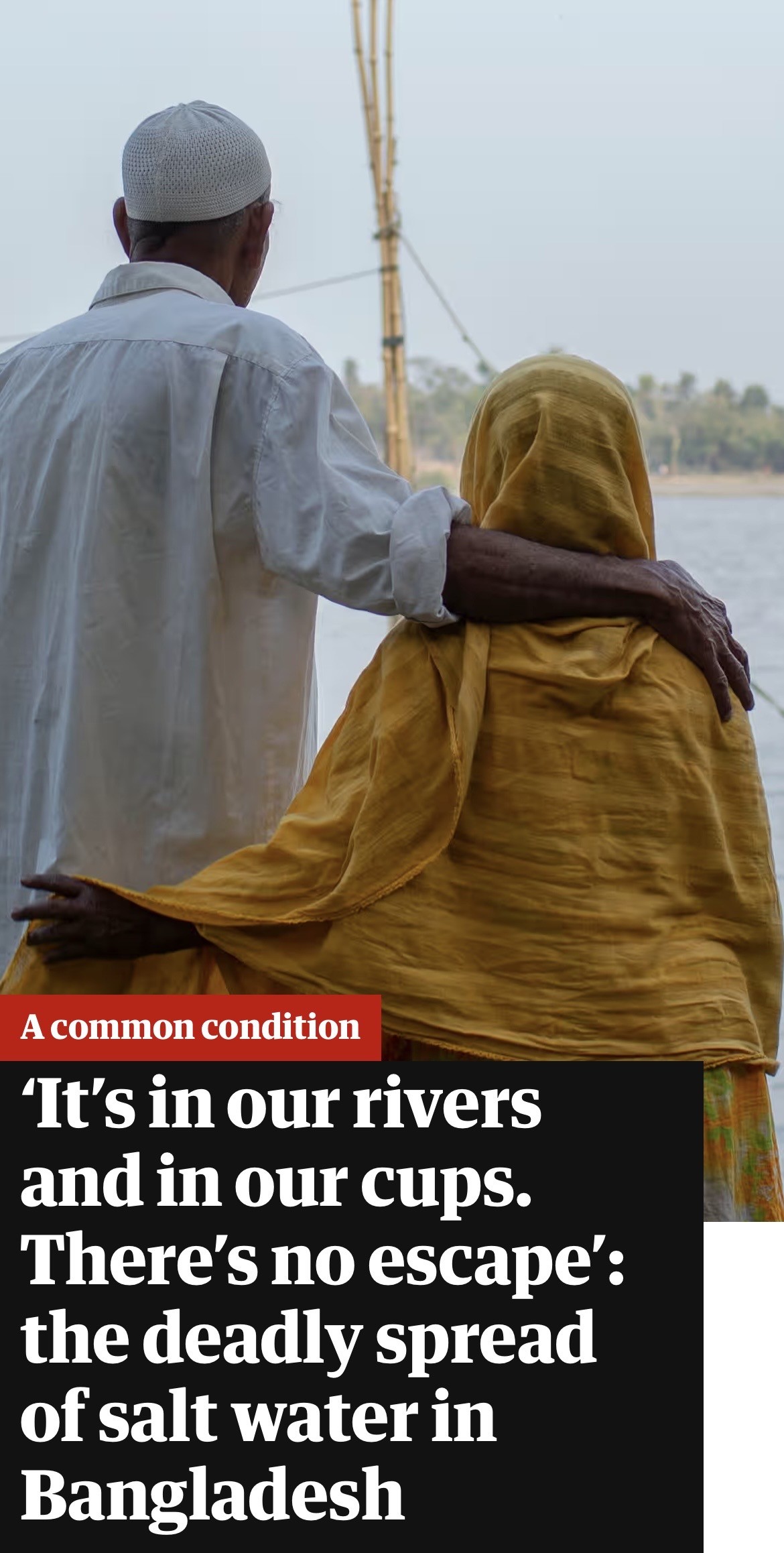Event JSON
{
"id": "3b27585d8ff981cf51f6492bec4f3ca40e965313d19831394b22842f03bcf053",
"pubkey": "77e909faec260534161795fafac6783f837e780c9329626f64a32e7b99629631",
"created_at": 1716530127,
"kind": 1,
"tags": [
[
"t",
"ClimateDiary"
],
[
"imeta",
"url https://files.mastodon.green/media_attachments/files/112/494/518/204/657/802/original/6246fa2a08886835.jpeg",
"m image/jpeg"
],
[
"proxy",
"https://mastodon.green/@pvonhellermannn/112494518425474337",
"web"
],
[
"proxy",
"https://mastodon.green/users/pvonhellermannn/statuses/112494518425474337",
"activitypub"
],
[
"L",
"pink.momostr"
],
[
"l",
"pink.momostr.activitypub:https://mastodon.green/users/pvonhellermannn/statuses/112494518425474337",
"pink.momostr"
]
],
"content": "#ClimateDiary Kidney disease is high and rapidly worsening in coastal Bangladesh due to rising sea levels increasing water salinity as well as extreme heat. For many, like 65yo Khatun, dialysis is too expensive. \n\nThe whole of Khulna, once a thriving city, is affected by saline intrusion due to frequent floods, cyclones and tidal surge. \n\n“The global climate crisis is essentially a water crisis,” says Dr Mohammad Shamsudduha at UCL. \n\nhttps://www.theguardian.com/global-development/article/2024/may/24/its-in-our-rivers-and-in-our-cups-theres-no-escape-the-deadly-spread-of-salt-water-in-bangladesh?CMP=Share_iOSApp_Other\nhttps://files.mastodon.green/media_attachments/files/112/494/518/204/657/802/original/6246fa2a08886835.jpeg\n",
"sig": "9171482fac370c0f61ff10cbe915390871c2011ad5790573284d3687205d2196cd969b82b6fc19e3a045d0e31bb7911e1fc57a3cfe238e2999f17ea9ca51de5e"
}
